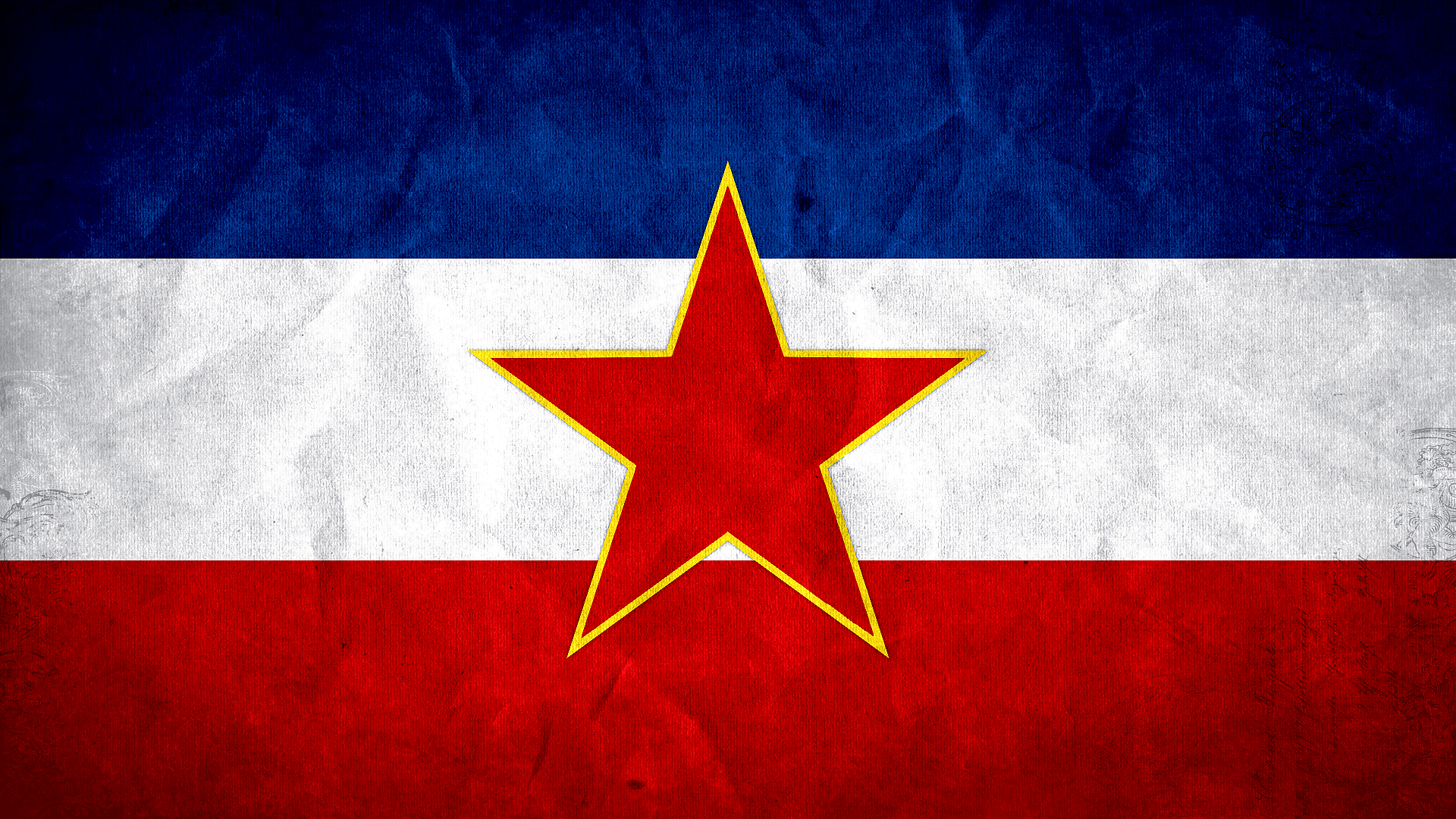When the EU referendum came around last year, I was conflicted over the vote if I'm honest. I could see the 'Lexit' case for voting to leave: the European Union is a neoliberal project with a serious democratic deficit. I have a great deal of time for the old Bennite arguments against the common market. However, it was also clear that the balance of forces were overwhelmingly right-wing, so any withdrawal from the EU would be shaped by the Conservatives and UKIP. In the end, I decided to vote Remain out of caution.
Many months later it's clear that the rupture was coming for some time. The problem was that the left was nowhere on the EU debate. You had a split between the Lexit camp, who were typically hard left, and the Remain camp, mostly left-liberals and reformist socialists. Both positions were reactive to the terms set by the right and its dominance over the question. The referendum itself was held by David Cameron for party political reasons. It was about the internal dynamics of the Conservative Party. Not about the future of the United Kingdom.
Without a clear position, the left could either side with the liberal wing of the establishment or the right-wing reaction to it. This was not a good place to be. I could have lived with Brexit if there was a strong left-wing government in place, or a chance that the right would lose power any time soon. Only under those conditions would the British government likely maintain an open immigration policy and pursue a radical programme to restructure the UK economy for working-class interests.
So where are we left now? As expected, I've been following the situation develop since the vote last summer and I've tried to consider the social and economic impact of Brexit carefully. Here are just a few thoughts on the unfolding crisis.
1. Brexit means the end of the UK
Despite the hopes of British nationalists, Brexit may mean the United Kingdom will cease to exist in the not-too-distant future. It was already possible that the UK would begin to fall apart over the next twenty years. The realignment of Scottish politics in 2015 shows that the conditions for a second referendum were already emerging, but the withdrawal from the EU has hastened calls for an independent Scotland.
Scottish independence is now a realistic possibility in the near future. If Scotland votes for independence in 2018 or 19, Theresa May will have to resign and the Conservative government will face serious questions over its credibility. They will go down in history as the party that literally broke the country in two. At least this could put the Labour Party on course to government (presuming the Blairites don't move to dislodge Corbyn). This is just one case.
Meanwhile in Northern Ireland, the republicans have gained a majority in Stormont for the first time. Ulster unionism is in crisis over corruption at the heart of government, and Brexit has stoked fears of a hard border arising between the North and the rest of Ireland. I wouldn't say Irish reunification is an imminent prospect, though it is clear that the UK cannot take Northern Ireland for granted. Even demographically, the Catholic community are likely to tip the balance towards Irish nationalism.
As for Wales, the situation is far more stable (for now) as the Welsh nationalists have yet to develop a strong constituency for independence. Unlike Scotland and Northern Ireland, Wales was very much for Brexit and the Welsh national question is not shaped in quite the same way. It's much more likely that the Welsh will remain tethered to the English, as the Scots and the Northern Irish break free. But this doesn't rule out Welsh independence in the long-term either.
2. Brexit is a disaster for the UK economy
As the pound continues to fall, the goods flowing into Britain will continue to rise in price and this is just after decades of wage stagnation and underemployment. Under these conditions inflation may well take a dreadful toll on working people, let alone people out of work. At the same time, the only way to generate growth would be to resort to an industrial strategy to bolster exports through state investment in the economy. This isn't going to happen. The Conservatives have spent 40 years dismantling industry and reorienting the economy towards finance.
For too long cheap labour has been a substitute for capital investment, as the British government has dropped its commitment to bolster the economy through Keynesian projects. Likewise, the Thatcher administration inflicted a historic defeat on the labour movement in the 1980s, from which organised labour has still not fully recovered. Without high levels of employment and high wages, the economy had a continuous need for demand and the only available means for this was to free up credit. This pattern looks set to continue.
The financial sector and the property market have become the core growth sectors, as services overtook manufacturing and old industry. Wealth became even more concentrated in even fewer hands than it has been historically. Yet it should be obvious that the debt bubble can't be inflated forever. Something will have to give. Another financial crisis or a property crash might do the trick. This is even with the European Union. Without the EU, Britain faces a situation where the strategy has already been ruled out by the political class.
3. Brexit is a disaster for migrants
Obviously, Brexit means that the British government will get to dictate the terms of inflows of EU migrant workers into the UK. Freedom of movement, as we know it, with the EU will change forever. The UK will still try to hold onto free movement with Ireland, possibly by introducing new mechanisms for regulating Irish migration onto the British mainland. This would be more sensible than sending British troops to the Irish border. Otherwise, the backdoor for EU nationals would be left wide open.
Many right-wing people voted leave because they wanted to close the borders. I suspect this will not happen due to simple economic factors: the UK relies on cheap labour. What is more likely is that the border controls will be adjusted to maintain a precarious workforce. The numbers may change, but not indefinitely. As the opening in the border narrows, the government would lose tax revenue from migrant labour and so would likely initiate greater austerity. Theresa May will have a new excuse for selling off the NHS, schools and pensions.
Expect more racist rhetoric. The calls for new pressures to be heaped upon migrant labour will only become more bold, and the Tories will pander to the xenophobes at every turn. VISA costs, repatriation and detention centres are just one front in this struggle. However, the aim will not be to reverse past immigration, but to shape future immigration to suit business interests. The divide and conquer strategy will continue to hammer the migrants already here and those who hope to settle here in the future. But this will help keep down British workers at the same time.
4. Brexit is a disaster for racists
Contrary to liberal hysterics, the threat of the far-right in Britain is marginal. UKIP has lost its raison d'etre, and Farage is off galavanting in the United States. The party's new leadership is incapable of seeing through the media's illusions of a white working-class thirst for fascism. As if UKIP ever had a chance of breaking through in Copeland or Stoke-on-Trent. The party's core support has always come from disaffected Tory voters, and even the former Labour voters it attracts passed through the Tories first. The real threat is that the Tory government is becoming UKIP to neutralise the threat of the party. This is far more serious than Paul Nuttall's antics.
Not that I would say the far-right is no threat at all. I suspect if Brexit doesn't pay off (which it won't) that the new far-right narrative will be that the Tory government "sold out". If immigration isn't totally restricted, the far-right will claim the EU is still violating everything we've held most often. Farage might even make a comeback with a new party. As people are hit by rising food prices and a shrinking job market, they will naturally seek out someone to blame. The usual nihilists and misanthropes will provide the scapegoats: immigrants, Muslims and the left. A populist upsurge is still a possibility in the future.















